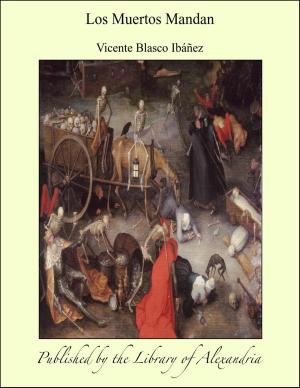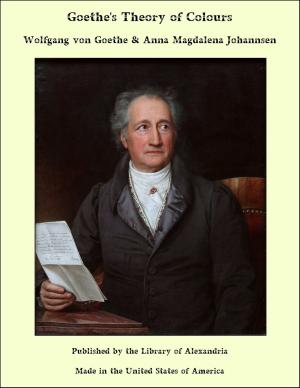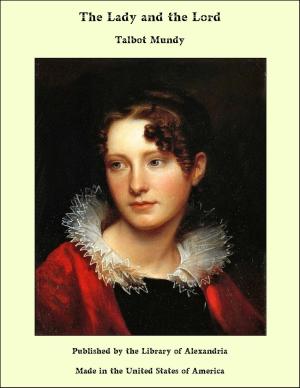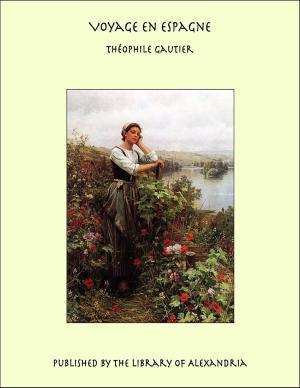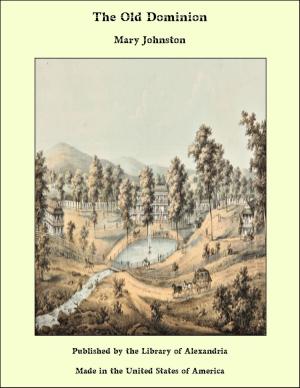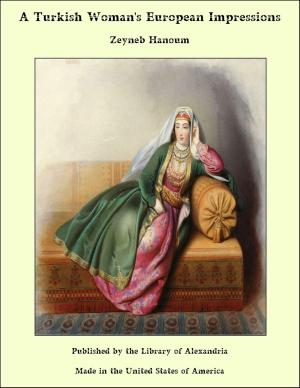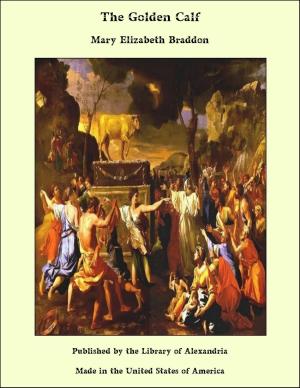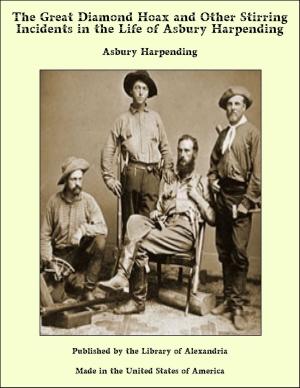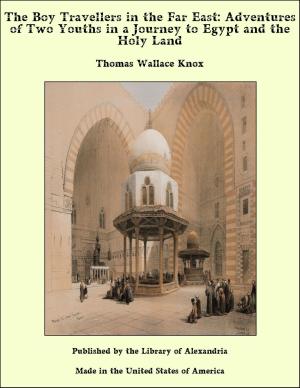| Author: | Rolf Boldrewood | ISBN: | 9781465613479 |
| Publisher: | Library of Alexandria | Publication: | March 8, 2015 |
| Imprint: | Language: | English |
| Author: | Rolf Boldrewood |
| ISBN: | 9781465613479 |
| Publisher: | Library of Alexandria |
| Publication: | March 8, 2015 |
| Imprint: | |
| Language: | English |
Standing in the gathering winterly twilight, at the intersection of Elizabeth and Flinders Streets, one instinctively remarks the long crowded suburban trains, laden with homeward-bound passengers, quitting the city and care for the night's charmed interval. All the streets of busy Melbourne are yet thronged, in spite of the apparently rapid diminution which is proceeding. The indefinable hum, noticeable in large urban populations at the close of the day, as the lamps are lit, which mark for most men the boundary between work and recreation, is increasingly audible. The grand outlines of the larger public buildings become suggestively indistinct. If your ear be good, you may hear the steam-whistle and the roar of the country trains at Spencer Street Station. The senses of the musing spectator are filled to saturation with the sights and sounds proper to the largest, the most highly civilised, the most prosperous city in the world, for the years of its existence. Stranger than fiction does it not seem, that in the month of April, in the year of grace 1840, we should have migrated en famille from Sydney to assist in the colonisation of Port Phillip, in the founding of this city of Melbourne? The moderate-sized schooner which carried us safely hither in a few hours under a week had been chartered by Paterfamilias, so that we were unrestricted as to many matters not usually left to the discretion of passengers. It was a floating home. Colonists of ten years' standing, we had many things to bear with us, which under other circumstances of transit must have been left behind. There were carriage horses and cows, the boys' ponies, the children's canaries, poultry, and pigeons, dogs and cats, babies and nurses, furniture, flower-pots, workmen, house servants—all the component portions of a large household shifted bodily from a suburban home, and ready to be transferred to the first suitable dwelling in the new settlement. One can easily imagine to what a state of misery and confusion such a freight would have been reduced had bad weather come on. But the winds and the waves were kind, and on Saturday afternoon the harbour-master of Williamstown partook of some slight alcoholic refreshment on board, and welcomed us to Port Phillip. Well is remembered even now the richly-green appearance of the under-stocked grassy flat upon which the particularly small village of Williamstown stood. A few cottages, more huts—with certain public-houses, of course—made up the township. More distinctly marked even were the succulence and juiciness of the first Port Phillip mutton-chops upon which was regaled our keenly hungry party. We had just quitted the enfeebled meat markets of Sydney, scarce recovered from that terrible drought which wasted the years of 1837, 1838, and 1839. We had reached a land of Goshen evidently—a land of milk and butter, if not of honey—a land of chops and steaks, of sirloins and "under-cuts"—of all youthful luxuries well-nigh forgotten—of late unattainable in New South Wales as strawberry ice in a cane-brake.
Standing in the gathering winterly twilight, at the intersection of Elizabeth and Flinders Streets, one instinctively remarks the long crowded suburban trains, laden with homeward-bound passengers, quitting the city and care for the night's charmed interval. All the streets of busy Melbourne are yet thronged, in spite of the apparently rapid diminution which is proceeding. The indefinable hum, noticeable in large urban populations at the close of the day, as the lamps are lit, which mark for most men the boundary between work and recreation, is increasingly audible. The grand outlines of the larger public buildings become suggestively indistinct. If your ear be good, you may hear the steam-whistle and the roar of the country trains at Spencer Street Station. The senses of the musing spectator are filled to saturation with the sights and sounds proper to the largest, the most highly civilised, the most prosperous city in the world, for the years of its existence. Stranger than fiction does it not seem, that in the month of April, in the year of grace 1840, we should have migrated en famille from Sydney to assist in the colonisation of Port Phillip, in the founding of this city of Melbourne? The moderate-sized schooner which carried us safely hither in a few hours under a week had been chartered by Paterfamilias, so that we were unrestricted as to many matters not usually left to the discretion of passengers. It was a floating home. Colonists of ten years' standing, we had many things to bear with us, which under other circumstances of transit must have been left behind. There were carriage horses and cows, the boys' ponies, the children's canaries, poultry, and pigeons, dogs and cats, babies and nurses, furniture, flower-pots, workmen, house servants—all the component portions of a large household shifted bodily from a suburban home, and ready to be transferred to the first suitable dwelling in the new settlement. One can easily imagine to what a state of misery and confusion such a freight would have been reduced had bad weather come on. But the winds and the waves were kind, and on Saturday afternoon the harbour-master of Williamstown partook of some slight alcoholic refreshment on board, and welcomed us to Port Phillip. Well is remembered even now the richly-green appearance of the under-stocked grassy flat upon which the particularly small village of Williamstown stood. A few cottages, more huts—with certain public-houses, of course—made up the township. More distinctly marked even were the succulence and juiciness of the first Port Phillip mutton-chops upon which was regaled our keenly hungry party. We had just quitted the enfeebled meat markets of Sydney, scarce recovered from that terrible drought which wasted the years of 1837, 1838, and 1839. We had reached a land of Goshen evidently—a land of milk and butter, if not of honey—a land of chops and steaks, of sirloins and "under-cuts"—of all youthful luxuries well-nigh forgotten—of late unattainable in New South Wales as strawberry ice in a cane-brake.


